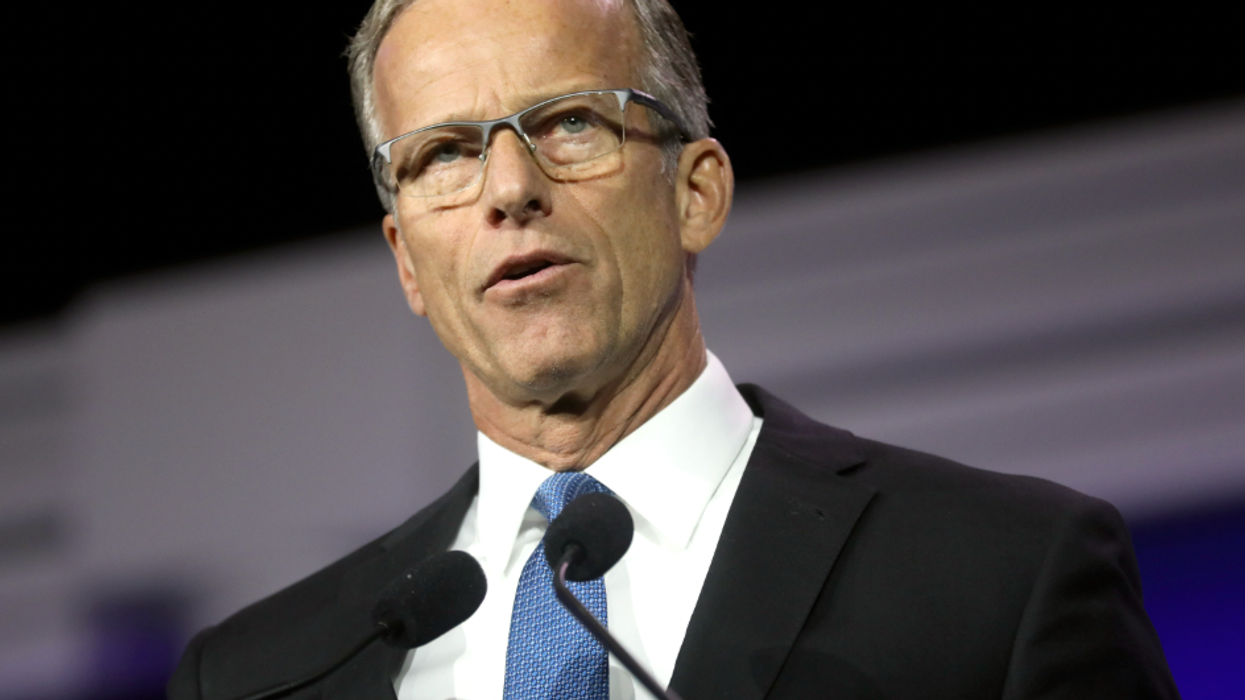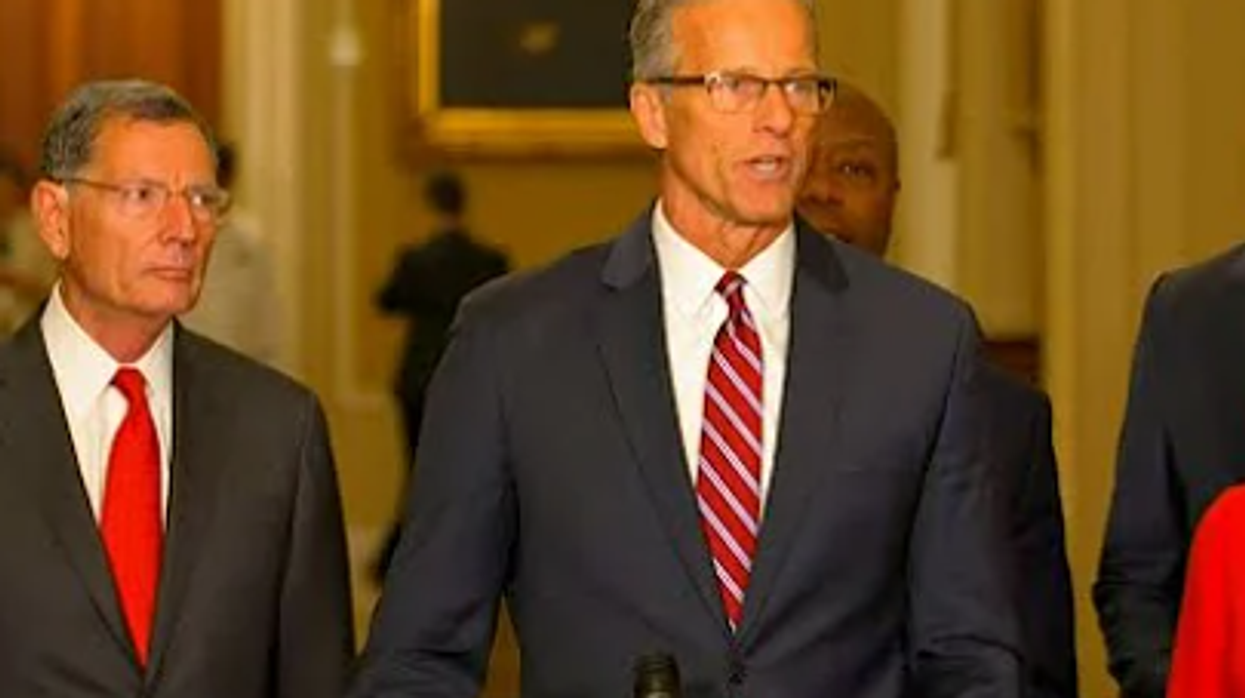GOP Budget Hurts Her Maine Constituents, But Collins Is Still Taking A Victory Lap
Sen. Susan Collins (R-ME) touts her role in ending the government shutdown, even though the final bill did not include any of her legislative priorities.
Collins leads the Senate Appropriations Committee that crafted the continuing resolution (CR) to reopen the government. She is the only Senate Republican to endorse extending Affordable Care Act (Obamacare) subsidies and reining in President Donald Trump’s spending cuts, but the CR did not include these provisions, and Collins did not vote with Democrats who were pushing to add them.
“I was responsible for not only putting the bill together, but also managing it on the Senate floor,” Collins said in a November 18 radio interview. “Dealing with proposals to change it, negotiating not only with my colleagues on both sides of the aisle, but also with the House of Representatives and the administration.”
The 43-day shutdown was the longest in American history. It began on October 1 when Democrats in Congress refused to back any funding bill that did not meet an array of demands, including the extension of Obamacare subsidies that help 65,000 of Collins' Maine constituents afford health care.
Democrats also demanded the Trump administration be blocked from withholding any funding that was already approved by Congress. Since January, the White House has rescinded billions in appropriated funds, including $323,000 to study rural health care access in Maine.
Democratic Rep. Rosa DeLauro of Connecticut told NOTUS that there was a bipartisan proposal to block future rescissions and that she personally lobbied Collins and others on the Appropriations Committee to include it in the CR. The proposal never saw the light of day.
The CR did, however, include a provision that would have allowed Senate Republicans to sue the Justice Department for $500,000 if their phone records were seized during the investigation of the January 6, 2021, attack on the U.S. Capitol. Roll Call reported that Collins personally added the provision at the behest of South Dakota Sen. John Thune, the Republican majority leader.
A bipartisan vote in the House stripped the provision from the final CR on November 19.
Collins is considered the most vulnerable Senate Republican facing reelection next year.
Reprinted with permission from American Journal News






















